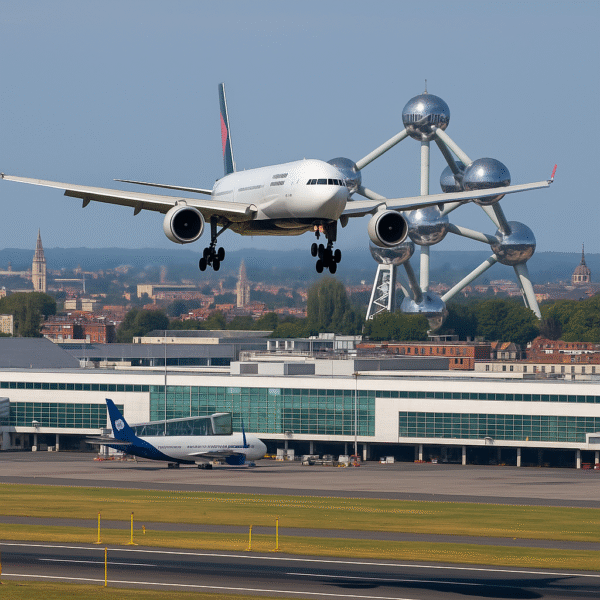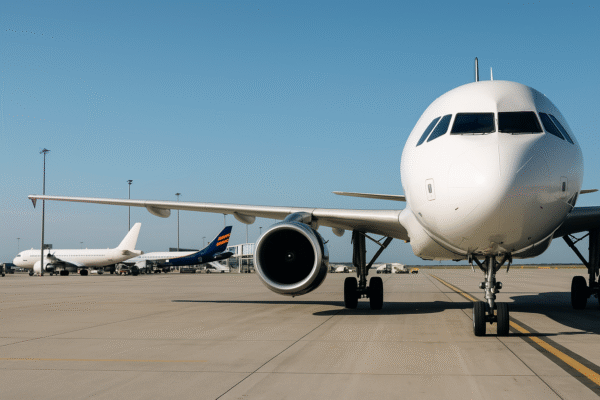NICOSIA – June 2025 — As regional tensions escalate between Israel and Iran, the Republic of Cyprus, a popular Eastern Mediterranean destination, remains a safe and stable option for travelers—but with important caveats. While the island is not directly involved in the conflict, its strategic location near the Middle East and close ties to the United Kingdom, Israel, and European Union make it a region to watch.
With Cyprus just 294 miles (472 kilometers) from Israel, tourism officials, diplomats, and safety advisors are monitoring the situation closely. The UK Foreign, Commonwealth & Development Office (FCDO) recently updated its travel guidance for Cyprus, emphasizing situational awareness and preparedness amid rising instability in neighboring regions.
Cyprus: A Safe Haven in a Sensitive Region
Cyprus holds a unique geopolitical position—a European Union member state with historic neutrality, British Sovereign Base Areas, and proximity to Middle Eastern conflict zones. Despite this, the island has been untouched by direct military incidents and maintains strong internal stability.
As the Israel-Iran confrontation intensified following Israel’s June 13 strikes, Cyprus maintained its calm. However, experts emphasize that while Cyprus is not a target, travelers should be proactive in monitoring developments, particularly given its close airspace proximity and regional influence.
According to official statements by the Cypriot government, the nation’s security services remain on alert and are coordinating with international partners to ensure public safety without disrupting tourism operations.
Air Travel: Disruptions at Ben Gurion, Diversions to Cyprus
Airspace restrictions have become one of the most tangible consequences of the regional conflict. After the closure of Israeli airspace, particularly around Ben Gurion Airport, over 30 international flights were rerouted to Cyprus, with Larnaca and Paphos International Airports handling emergency landings and diversions.
While Cyprus has not closed its own airspace, it has experienced a temporary increase in traffic volume. The Cyprus Civil Aviation Authority confirmed that all international flights to and from Cyprus remain fully operational, especially for travelers from the UK, Germany, and EU member states.
Flights between Cyprus and Israel, however, remain suspended for safety reasons as of June 16. Passengers are advised to check with airlines for real-time status updates and consider travel insurance covering geopolitical disruptions.
FCDO Safety Guidelines for UK Travelers to Cyprus
The UK FCDO continues to list Cyprus as a destination under “normal security precautions”, with no formal travel restrictions. However, travelers are urged to follow key safety protocols:
- Stay Informed: Use reliable sources like the UK Foreign Office, Cypriot Ministry of Foreign Affairs, and local news for current updates.
- Follow Local Instructions: Cooperate with local police, airport authorities, and emergency services in case of unexpected developments.
- Avoid Demonstrations: Steer clear of public gatherings or political protests, especially in major cities like Nicosiaand Limassol.
- Exercise Caution Near the Green Line: The northern part of Cyprus, governed by the Turkish Republic of Northern Cyprus (TRNC), is not recognized by the UK. Consular support is limited in that area, and UK citizens should research crossings and documentation before visiting.
Entry Requirements and Border Awareness
UK nationals can continue to visit Cyprus visa-free for up to 90 days, provided they travel into the internationally recognized Republic of Cyprus through approved ports of entry.
The Green Line, which divides Cyprus into northern and southern sectors, remains open but regulated. UK travelers should avoid crossing into northern Cyprus through non-official entry points (e.g., airports in the north), as this could affect their legal status and limit diplomatic support.
Travelers should also be mindful that health insurance and emergency medical coverage may not apply across both regions of the island, depending on entry route and citizenship.
Cyprus Diplomacy: A Role of Regional Stability
Cyprus has long positioned itself as a neutral diplomatic actor and a gateway between East and West. With a policy of non-intervention, the Cypriot government has focused on maintaining peace within its borders and advocating for de-escalation through diplomatic channels.
As tensions flare between Israel and Iran, Cyprus’s role has become more significant. Hosting British military bases, being part of the EU’s Common Foreign and Security Policy, and maintaining close ties with Greece, Egypt, and Israel, Cyprus continues to serve as a regional coordination point, especially for humanitarian and civil aviation contingencies.
The government has reaffirmed its commitment to safety, tourism, and international cooperation, stating that “all precautionary measures are in place and there is no immediate threat to the island.”
What Travelers Can Expect in Summer 2025
Despite the regional tensions, tourism remains strong in Cyprus. Ayia Napa, Protaras, Limassol, and Paphos are welcoming travelers with open arms. Cultural heritage sites, pristine beaches, UNESCO-listed ruins, and a thriving hospitality industry are all operating normally.
Tourism officials note that June through September remains the peak travel season, with over 1 million international visitors expected this summer. Hotel occupancy rates are climbing steadily, and tour operators continue to offer excursions, culinary tours, and outdoor activities without interruption.
Cyprus also offers an emerging wellness and digital nomad scene, attracting remote workers and long-term travelers looking for Mediterranean sun and secure infrastructure.
For more travel news like this, keep reading Global Travel Wire






















